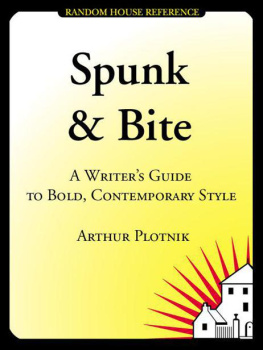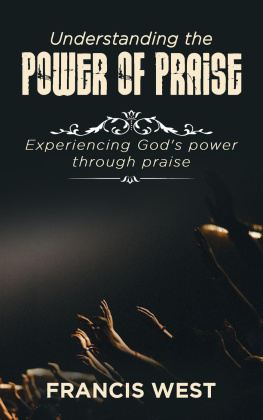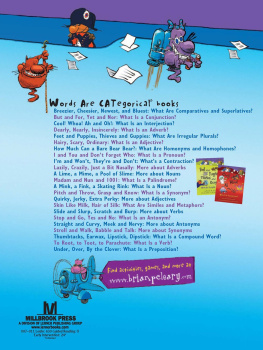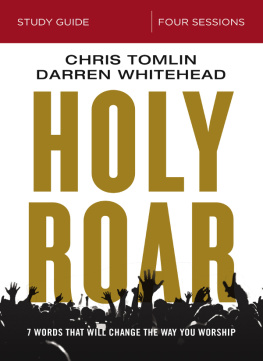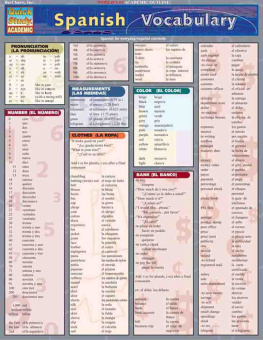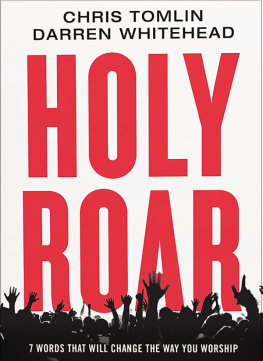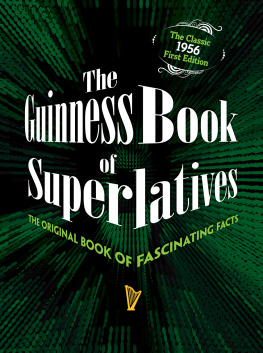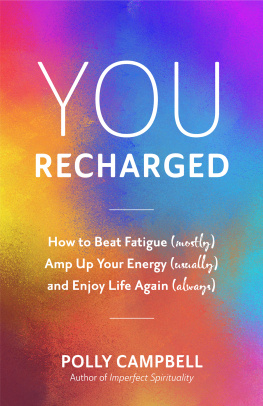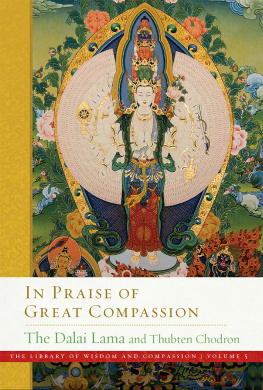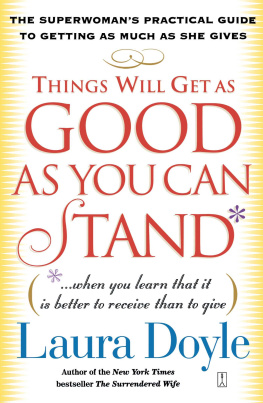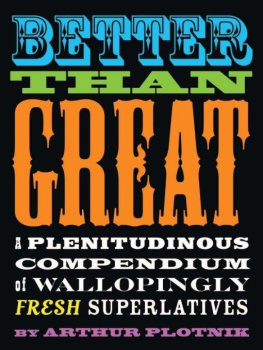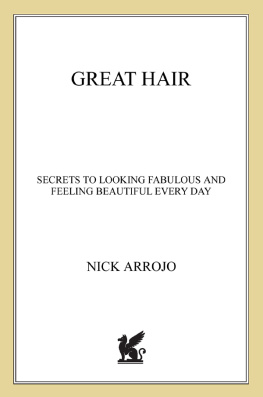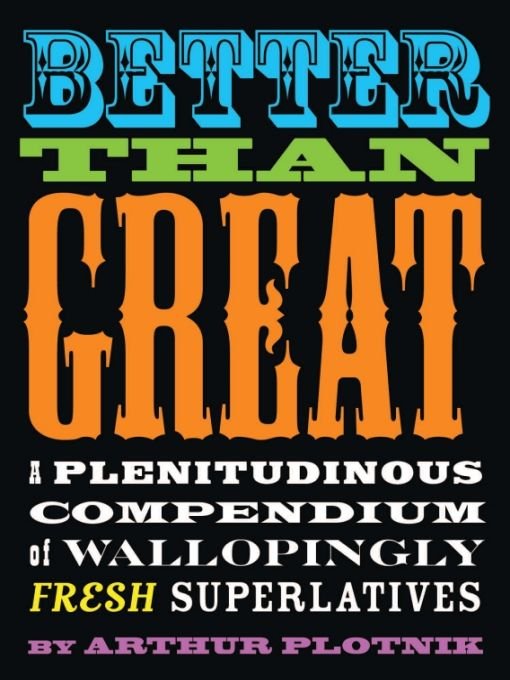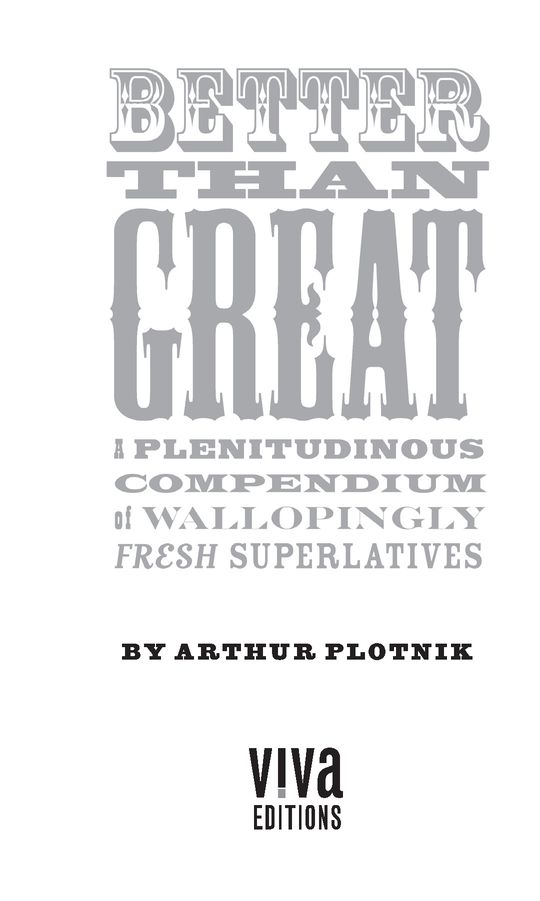Table of Contents
To these superlative women:
Mary, Julia, Katya,
Sondra, Tara, Annabelle, Barbara
INTRODUCTION
PRAISE CAN BE GREATER THAN AMAZING
Not every human trait is a cause for celebration, but one of them cheers me mightily: our zest for praising and acclaiming things we consider worthy. We love to do it. In the course of civilization, we have praised and acclaimed our divinities, heroes, beauties, works of art, and just about every other source of wonder or delight.
Praise challenges us to reveal our passions and powers of expression. Deft praise encourages others to feel as we do, to share our enthusiasms. It rewards deserving objects of admiration. It persuades people to take certain actions. It sells things.
And so each day we try to express acclaim for exceptional things: a new sushi joint, vacation spot, comedy, sports hero, love interest. But the terms we use for emphasisterms repeated over the centuries and replicated virally in this oneare now anything but exceptional.
Our words and phrases of acclaim are worn out, all but impotent. Even so, we find ourselves defaulting to such habitual choices as good, great, and terrific, or substituting the weary synonyms that tumble out of a thesaurussuperb, marvelous, outstanding, and the like.
Sensing that such terms fall short, we pile on the usual intensifiers: So great. Really nice. Totally cool. We draw from such stock figures of speech as Not too shabby, or Good as gold. We call on intonationIt was soooo[two-beat pause]awesomeand nonverbal signals like jacked thumbs. In writing, we inject steroidal italics, uppercase letters, and exclamation marks: She looked spectacular. That was GREAT!!!
But for all these options, how convincing are we? Wed like to be stimulating in our acclaim, go beyond the clichs that hype everything from soft drinks to arthritis drugs. We want to call attention to the special or superior quality of Entity X and convey our enthusiasm for it. Yet we rarely communicate that X was more than yawningly great, rarely evoke more than a nod or a huh!, rarely persuade someone to share our conviction and even act on it.
The devices we call upon are played out. Our superlativesterms indicating high or utmost degreehave lost their power to alert or entice; to amuse, distinguish, or sell. Like most words that become the rage, they soon suffer from overuse and devaluation. Terms expected to describe miracles, epiphanies, and colossal wonderments are exhausted on assignments like these:
Try our amazing onion rings.
That my beer? Awesome.
Its a fantastic mattress. I had a fabulous sleep.
At a loss for words with clout, we turn to negative modifiersterms saying what something is not. A number of such modifiers have maintained their force. Ineffable, for example, carries a sense of unspeakably sacred or of speech being silenced by emotion. But the overused unbelievable, not to be believed, and incredible have become black holes, threatening to swallow the universe of English modifiers. Unbelievable, which might have been reserved to describe talking cows or a century of peace, has been picked clean in the service of everyday, believable phenomena. Incredible hot dogs. Unbelievable sheets.
If anything escapes the pull of these terms, it gets gobbled up by indescribablea word so quickly invoked as to signal easy surrender, expressing nothing. The moon was indescribable projects the same picture in my mind as the moon was whatever.
Struggling to animate these forceless words, speakers deliver them with giddy theatrics. It was justI mean really. Just. Absolutely. Incredible, we say, jaw slack and head wagging like a string puppets. And Im not mocking anyoneits our natural behavior. Ive head-wagged a lifetime, yearning for more effective expression.
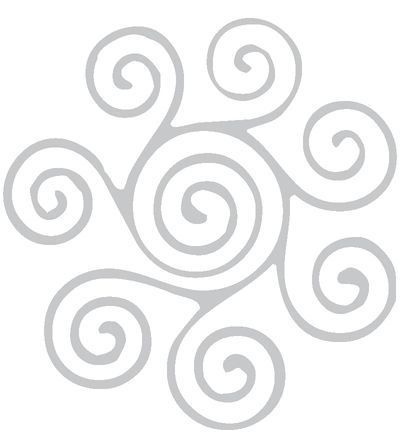
AMAZING: THE IT WORD
R. Kelly keeps doing amazing things, he said, blowing out the amazing as if it were a party horn.
Dave Itzkoff, New York Times, June 4, 2010
Oh, that word amazingenforced by dropping ones mandible on the second syllable and stretching out the MAYYY sound until a listener seems convinced. I just ate the most a MAYYY zing cupcake.
Perhaps because the word is so easily brayed, amazing became the It utterance of the millenniums first decade. Never were so many so amazed at so much that amounts to so little. If something didnt suck it was amazing. Businesses from home siding to nail salons took on the name, each pedestrian use pushing the word further from its Middle English association with mazes, those bewildering, labyrinthine paths and passages. To amaze then meant to bewilder, perplex, and confuse, and in later times to overwhelm with surprise or sudden wonder, to astonish greatly. A bit much to ask of a cupcake.
BOLSTERING THE VOCABULARY
What now? Must we abandon great, amazing, and other beloved but worn-out superlatives? I doubt if we could, so habitually do such standbys leap to the tongue. Besides, in our everyday yakking they serve well enough to mean a cut above. But short of being belted out from a soundstage, these terms can no longer seize attention and persuade an audience that something differently great has arrived.
A better choice than shouting old superlatives would be to add fresh, engaging terms to our acclamatory hoard: our vocabulary of praise, approval, and acclaim. But doing so isnt easy. By and large, thesauruses turn up equally worn alternatives under each worn superlative. Arcane options (like Dhaulagirian, after a soaring Nepalese mountain) have interesting but limited uses. Popular slang gets old in a wink, though it often enjoys a retro vogue.
One way to build a supply of uncommon superlatives would be to pore through several lexiconshundreds of thousands of words and expressionsfor new, underused, recyclable, intensifiable, and tweakable candidates. And then do the recycling, intensifying, and tweaking to come up with a body of suggestions. Only a word-wonk would leap at such a task.
And, ahem, here I am. At your service.
Motivated partly by my ongoing interests in expressiveness and partly to ease my own addiction to amazing and its ilk, I have winnowed and shaped some 6,000 suggested alternatives to stale superlatives. I offer you not only a plug-and-play source of words and phrases, but models that will trigger your own brainstorming, your own inventions and usages. (See Make Your Own Spumescently Brilliant Superlatives, in the following section, How to Use This Book.)
YOU
In addressing you, I am picturing someone who takes language seriously, even when using it to evoke giggles and gasps. You are a novelist or a reporter reaching for an emphatic way of saying beautiful or big. You are a critic enchanted by a new work, but last week you used


